The Browser Privacy Problem#
A recent TechRadar investigation analyzed the data collection practices of popular web browsers. The findings were clear: Google Chrome collects up to 20 categories of user data—including contacts, location, search history, financial info, and more. Safari follows with eight categories. Firefox and DuckDuckGo, by contrast, collect minimal data.
These differences aren't random—they directly reflect each browser's business model. Chrome and Safari serve ecosystems that profit from user data. This approach offers benefits like seamless personalization, but at a significant cost: diminished user control and serious privacy concerns.
,Enter ArcSphere: A Different Approach
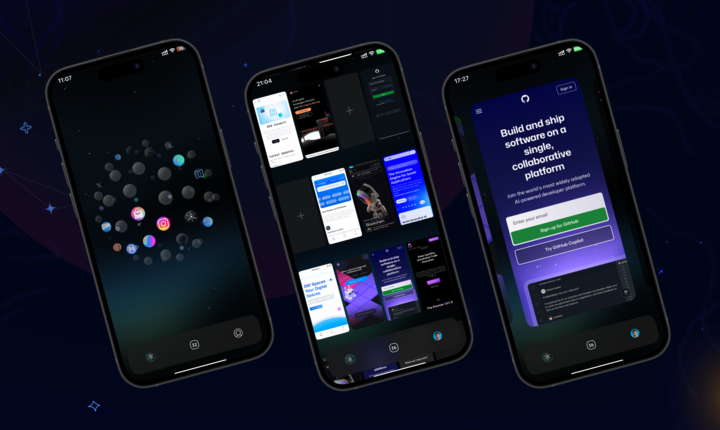
One of the reasons ArcBlock developed ArcSphere was to challenge this status quo. Rather than optimizing for data extraction, ArcSphere was built around three fundamental principles: user control, local-first intelligence, and decentralized identity. In doing so, they've built a browser that's useful, productive, easy to use, and entirely owned by the user.
Here's what makes ArcSphere fundamentally different:
1. Zero Tracking By Design#
Most mainstream browsers continuously report your activity to centralized servers for analytics and ad targeting. Even when you disable Chrome's sync features, certain telemetry remains active in the background.
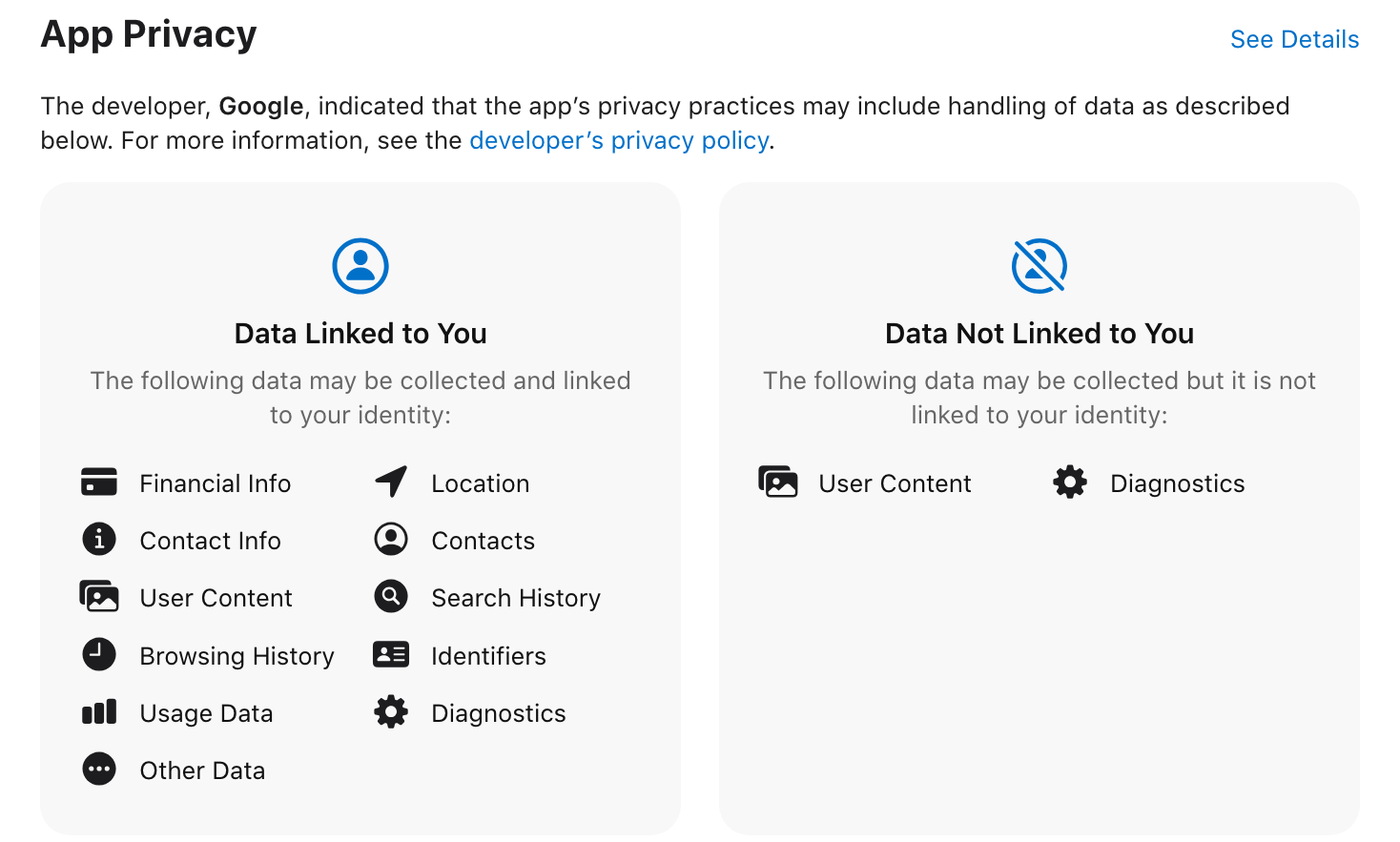
ArcSphere takes the opposite approach—no centralized analytics, no user behavior profiling, and no automatic data transmission. This architectural choice eliminates a prime target for data brokers and potential security breaches.
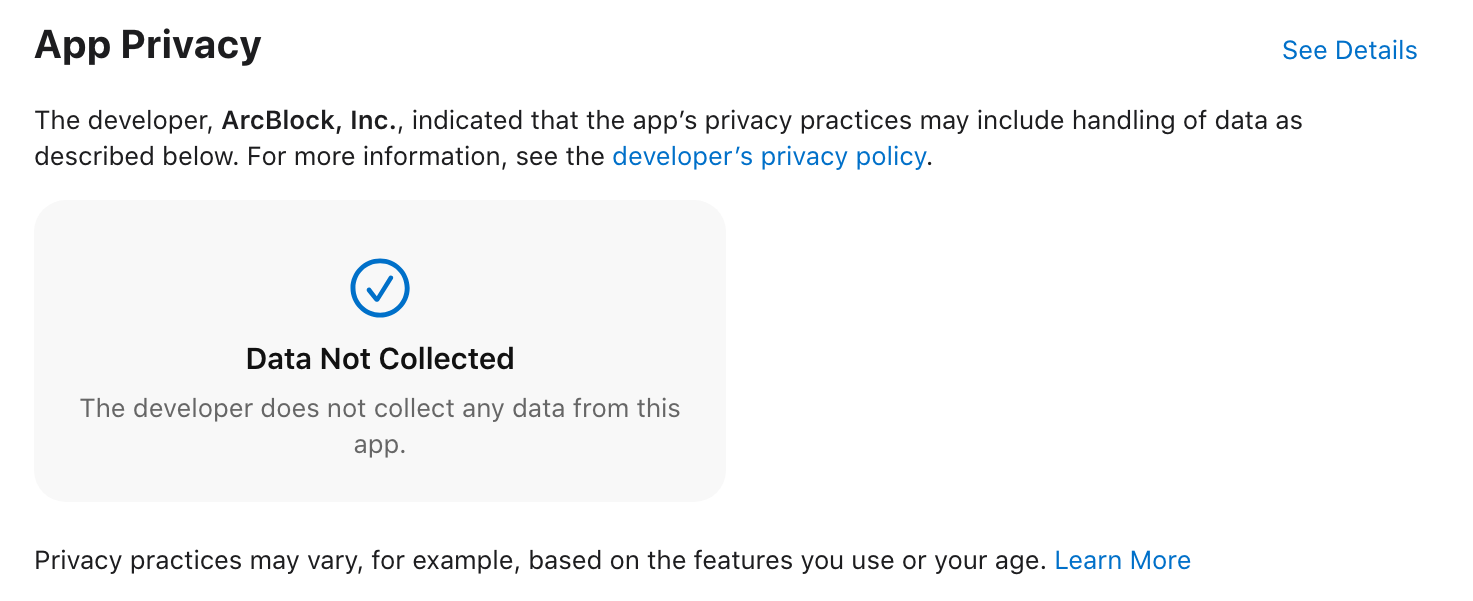
Example: You won't find Google Safe Browsing or Meta Pixel-style integrations that quietly pass your browsing data to third parties.
2. True Digital Ownership#
While ArcSphere includes support for popular login and authentication methods, ArcSphere was built with W3C-compliant Decentralized Identifiers (DIDs), including ArcBlock's popular DID Wallet. This gives users a cryptographically secure digital identity that they, not a corporation, actually own.
The practical benefits are substantial:
- Users can authenticate securely without exposing personal data to identity providers
- Credentials and sessions stay local or on-chain, not on corporate servers
- Developers can interact with identities without handling sensitive personal data
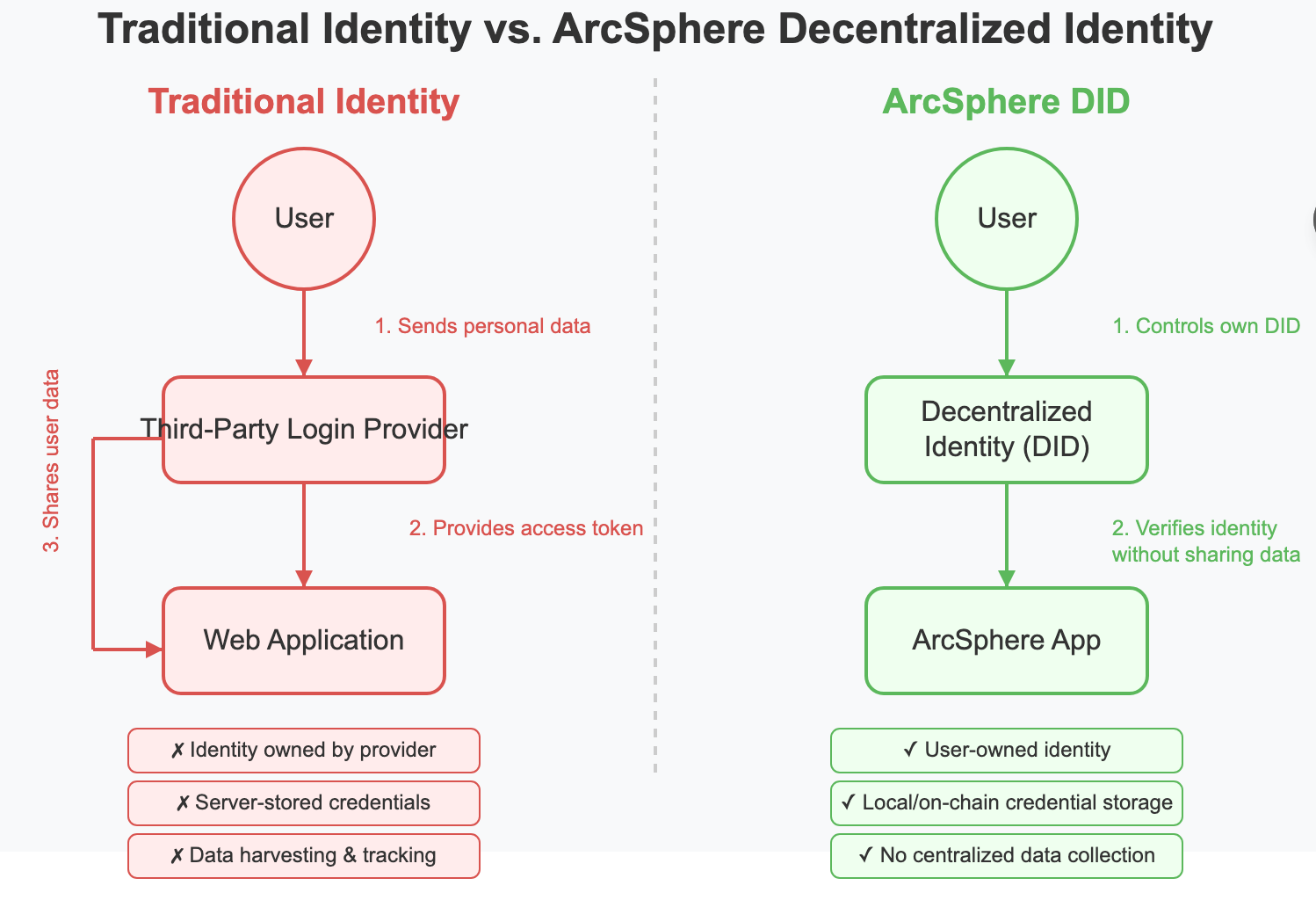
What this means in practice:
- You authenticate without exposing personal data to identity providers.
- Credentials and sessions are stored locally or on-chain, not on centralized servers.
- Developers building apps on ArcSphere can interact with user identity without needing to handle sensitive data themselves.
3. Local AI Assistant, Built for Privacy and Productivity#
While other browsers are beginning to integrate AI through cloud-based systems that analyze your data remotely, ArcSphere takes a fundamentally different approach. Built on the AIGNE Framework, the AI assistant runs locally as part of the browser itself, enabling intelligent features like page summarization, context-aware navigation, and natural language commands without sending your browsing data to external services.
This design delivers two crucial advantages:
- Privacy: Your data stays on your device, not in someone else's cloud
- Performance: No network latency or dependence on third-party AI service availability
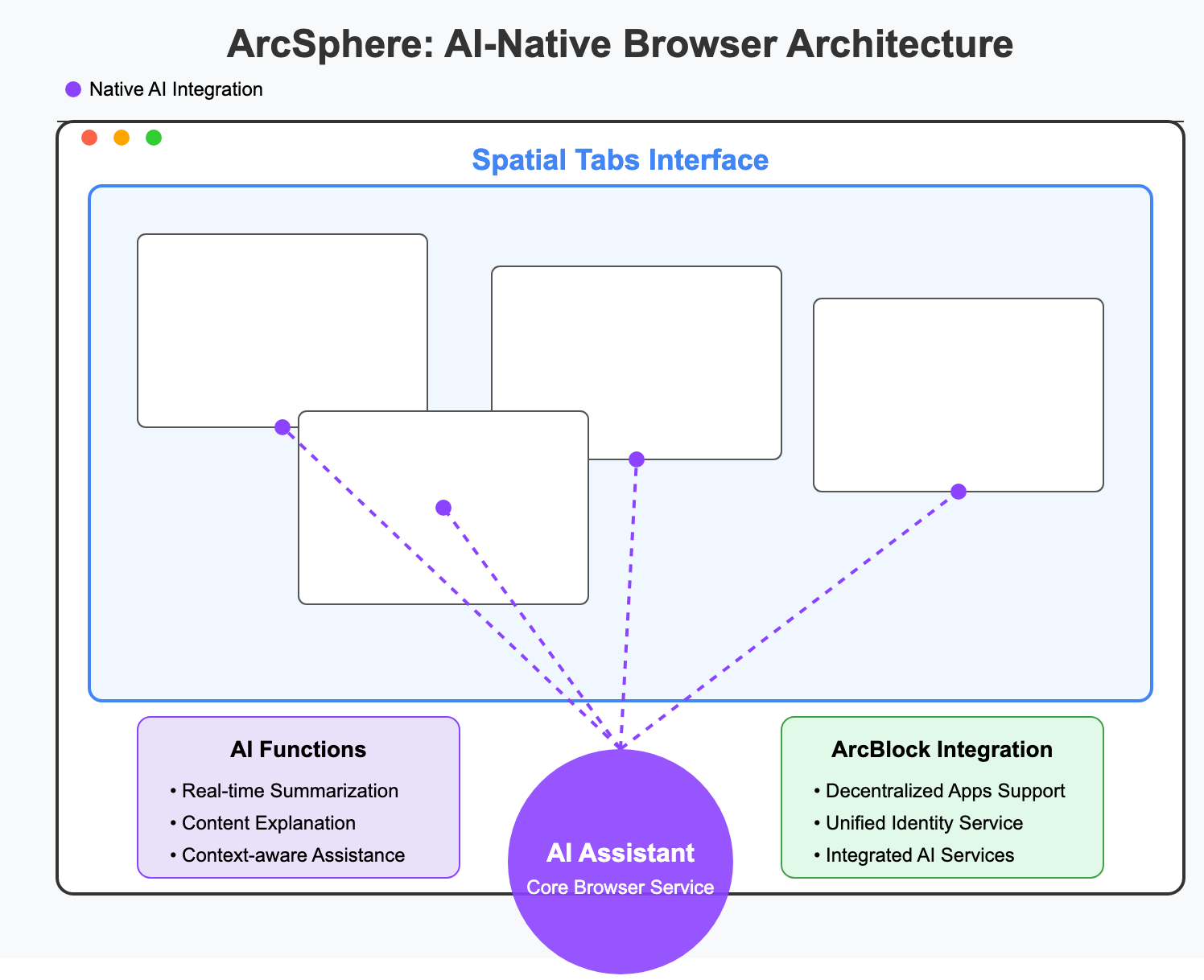
4. Transparent, Modular Architecture
ArcSphere is built using ArcBlock's Blocklet framework—an open-source stack for web3 applications. This means users and developers can inspect the browser's components, modify parts as needed, and extend functionality without dealing with a mysterious black box.
Compare this to Chrome or Safari, where core functionality remains opaque and tightly integrated with their respective ecosystems.
So How Does ArcSphere Stack Up?#
Feature | Chrome | Safari | ArcSphere |
|---|---|---|---|
Data Categories Collected | 20+ | 8+ | 0 (no tracking by default) |
Identity | Google account | Apple ID | Decentralized Identity (DID) |
AI Assistant | Cloud-based (Google Gemini) | None | Local AI agent |
Source Transparency | Closed source | Partially closed | Open-source modular stack |
Business Model | Ad-driven | Device lock-in | User-centric (no ads, no tracking) |
Bottom Line
The mainstream browser market is dominated by products designed primarily to benefit their creators through advertising, ecosystem lock-in, or both. This reality isn't likely to change.
ArcSphere offers a genuine alternative—a browser that doesn't track your activity, doesn't sell your attention to advertisers, and doesn't compromise on privacy while still delivering cutting-edge features like AI assistance. If you're looking for a browser that treats you as the customer rather than the product, download it today on Google Play or the Apple iOS Store.
